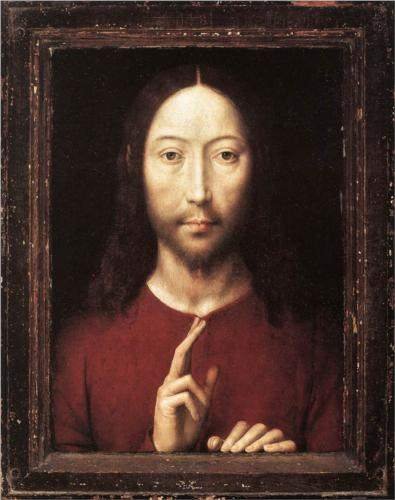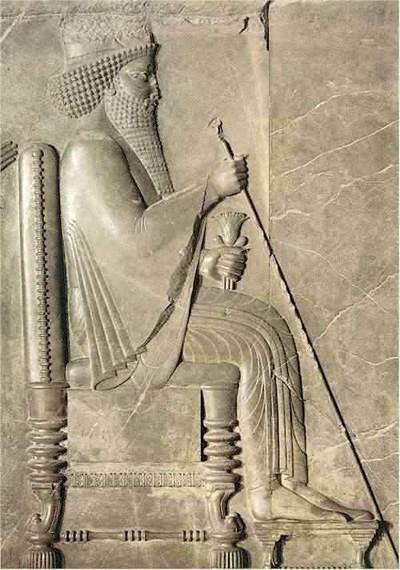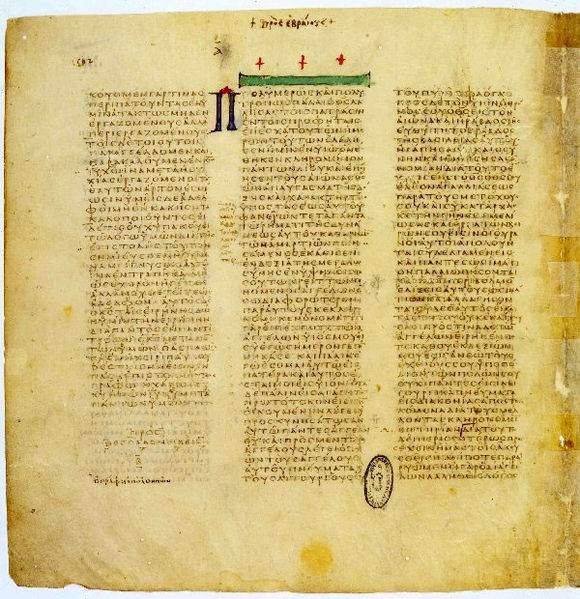
[This is a post that ballooned into about three posts when I sat down to write it. So I split it up, rather than giving you far more than anyone wants to read.]
Once again, my plans for what I was going to write about today have been disrupted. I had a heated discussion with a dear friend today that has set me to thinking. My friend is a self-proclaimed atheist, but a former Christian who has been deeply wounded. He is a thinker, a philosopher, and his mind works in ways that mine cannot. But I wanted to do my best to address his questions in a more thoughtful way, not in the heat of a moment.
To preface, I will say that though I’ve had some academic training, I am not an academic. I have not read deeply of the academic historiography of the early Church. I am a man of faith, and my faith informs everything I do. But my friend challenged that the historical claims of the Christian Church do not stand up to a “rigorously skeptical” examination; that they cannot be accepted without presuming that the claims of the Church are true, resulting in a circular argument. I disagree.

First, what is reasonable to expect in holding historical claims to a “rigorously skeptical” standard? Aren’t there many things in history that we accept as fact based on little and imperfect evidence? My friend has a background in ancient history, and though I’ve dabbled in that some, that has never been my bag; so I admit I am arguing from something I don’t know much about. But don’t we generally accept the narrative of the Persian Wars of Greece given by Herodotus and Xenophon, though neither was a contemporary, or Livy’s account of the early Roman republic, though he only saw the end of it? In the absence of any other testimony, it seems, historians treat theirs with reasonable skepticism, but nonetheless accept them as the best sources we have. Early Christianity and the historical testimonies to it should be held to the same standard.
So let’s take a look at early Christianity. My friend argues, as is widely accepted by secular academics, that there was no Christian orthodoxy in the beginning, and that what we today accept as “orthodoxy” is only the victor of a battle for supremacy among many competing Christian sects. All of my arguments, he challenges, rest on the assumption that the “orthodox” account of early Christian history today is true. He challenges that there are contradictions and inconsistencies in the New Testament that evince this early factiousness.

I accept, with every reasonable textual scholar, that there are certain problems and inconsistencies in the text of the New Testament; but these, I argue, are minor, involving only details and chronologies, and do not affect the substance of any Christian doctrine they teach. These inconsistencies show only that the New Testament documents were written by different people at different times in different places, and that the authors weren’t all in constant communication with each other, to compare their notes and get their facts straight. To me, these inconsistencies are an argument in favor of the historical reliability of the New Testament rather than against it: we have several different people telling a story that is substantially the same.
Doctrinally, the documents of the New Testament demonstrate an even more telling consistency. Despite differences in emphases, each of the half-dozen or so writers of the New Testament (Matthew, Mark, Luke, John, Peter, Paul, James, Jude — even more if one argues that John the Evangelist and John the Presbyter and John the Revelator were different people) expresses the same basic doctrines about Christ: that he was the Jewish Messiah, the fulfillment of Old Testament prophecies; that he was the divine Son of God, to be identified with God Himself; that he died, was resurrected, and would come again in glory.
[It feels so unsatisfying to cut it off there. But that just gives you something to look forward to tomorrow.]
I think you underestimate our ability to want to read everything you write. Eagerly looking forward to parts two and three! 🙂
Thank you so much. They will be coming soon. 🙂
Yeah he needs to post faster!
He sure does, am loving part 2 🙂 xx